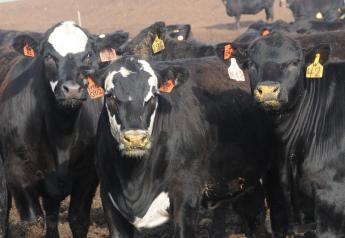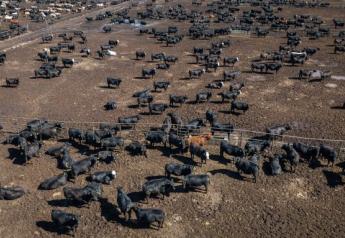EPA denies of RFS waiver request

The U.S. Environmental Protection Agency denied a request submitted by the State of Texas to reduce the nationwide Renewable Fuels Standard (RFS). As a result, the required total volume of renewable fuels, such as ethanol and biodiesel, mandated by law to be blended into the fuel supply will remain at 9 billion gallons in 2008 and 11.1 billion gallons in 2009.
"After reviewing the facts, it was clear this request did not meet the criteria in the law,” said EPA Administrator Stephen L. Johnson. Current law authorizes EPA to waive the national RFS if the agency determines that the mandated biofuel volumes would cause "severe harm” to the economy or the environment. The agency recognizes that high commodity prices are having economic impacts, but EPA's extensive analysis of Texas' request found no compelling evidence that the RFS mandate is causing severe economic harm during the time period specified by Texas.
The Energy Policy Act of 2005 established the RFS program – and included amendments to the Clean Air Act to set strict criteria for RFS-related waivers. RFS nationwide volume mandates were increased in the Energy Independence and Security Act, which was signed into law in December 2007.
This is the first RFS-related waiver request. In a Federal Register notice, EPA is publishing a detailed rationale that will also serve as a framework for any future waiver considerations.
In response to the ruling, Andy Groseta, rancher from Cottonwood, Arizona, and president of the National Cattlemen's Beef Association, said in a statement:
"The cattle producers that make up the National Cattlemen's Beef Association are disappointed with the Environmental Protection Agency's decision not to grant a waiver from the Renewable Fuels Standard. We had hoped that the Administration would recognize the hardship cattle producers are facing with tight corn supplies and high prices for feed. Our industry has suffered a record of nearly $1.5 billion in cattle feeding losses between January and June of 2008, which he says constitutes the severe economic impact necessary to prompt a waiver from the RFS mandate."
You can find more information from the EPA at http://www.epa.gov/otaq/renewablefuels.







